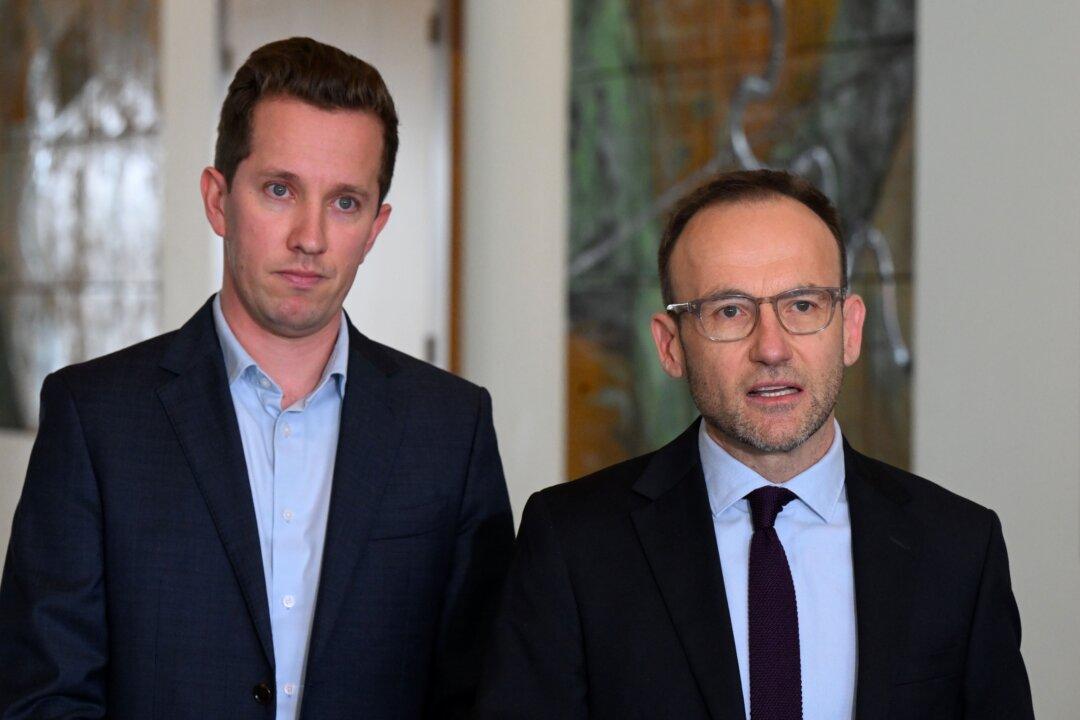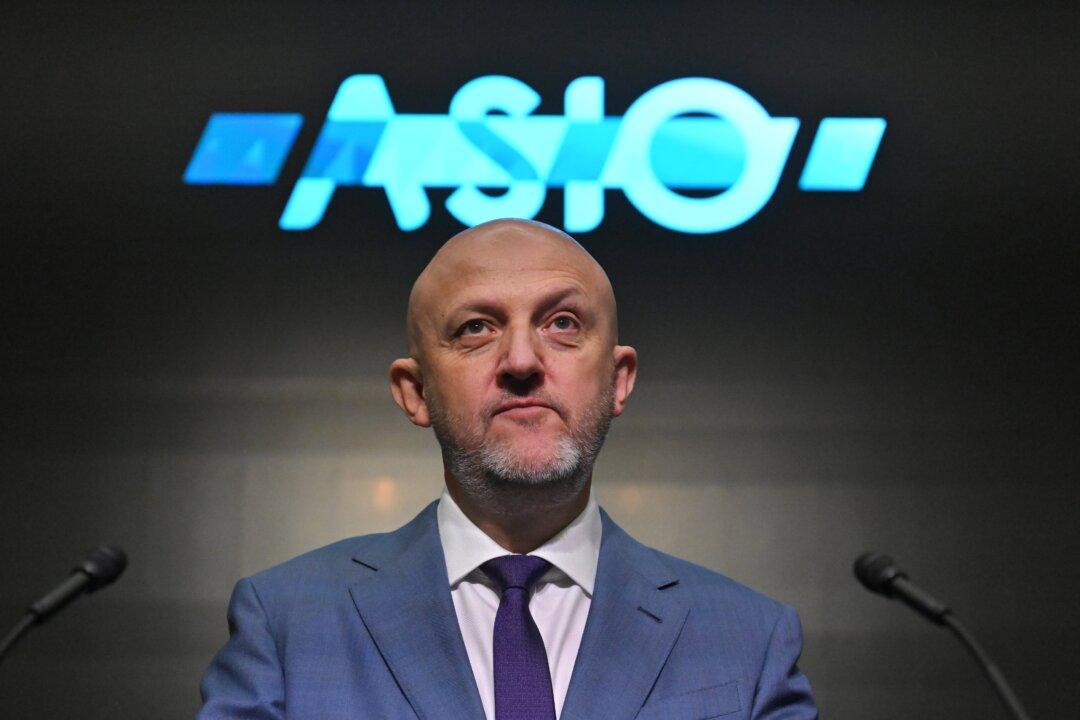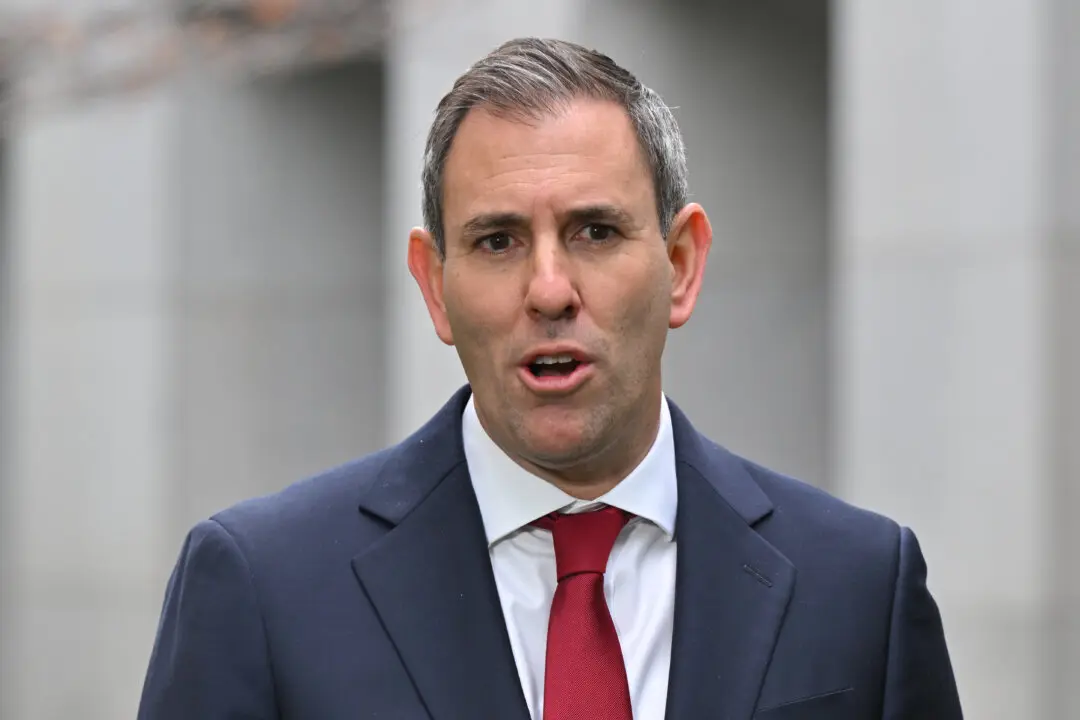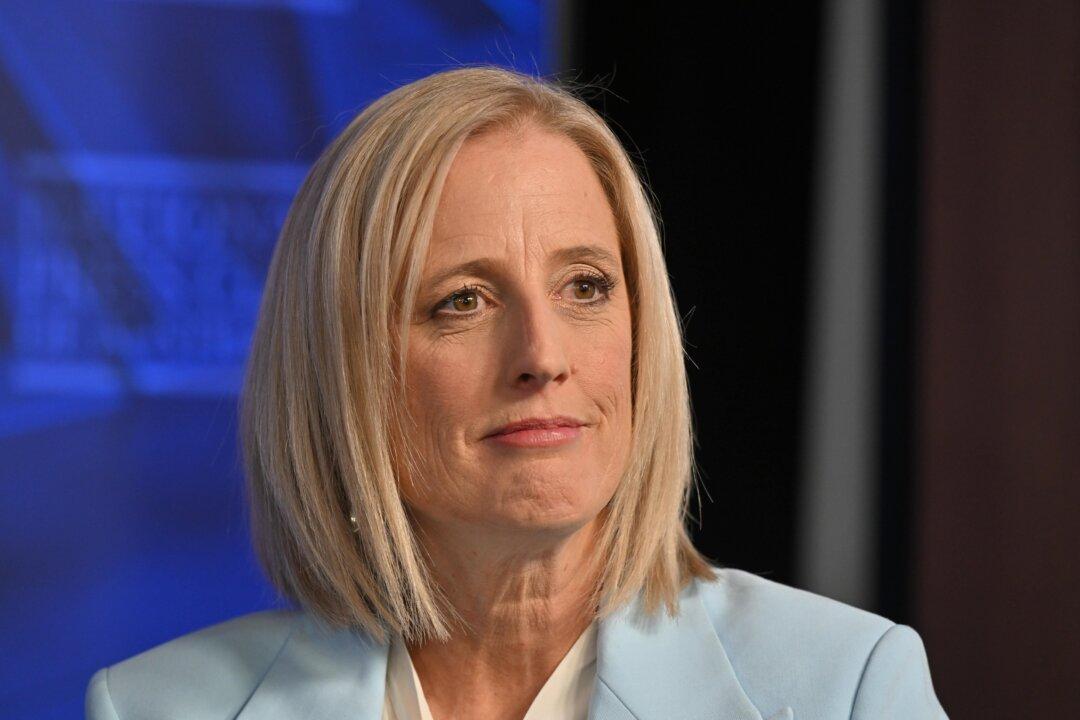Just a day after the Treasury warned that global economic turbulence triggered by U.S. President Donald Trump’s tariff hikes could threaten international markets, the Greens have called on the Reserve Bank of Australia (RBA) to urgently slash interest rates.
“The RBA will cut interest rates at their next meeting, but they should not sit on their hands for another six weeks while the crisis unfolds,” Greens Economic Justice spokesperson Senator Nick McKim said.





